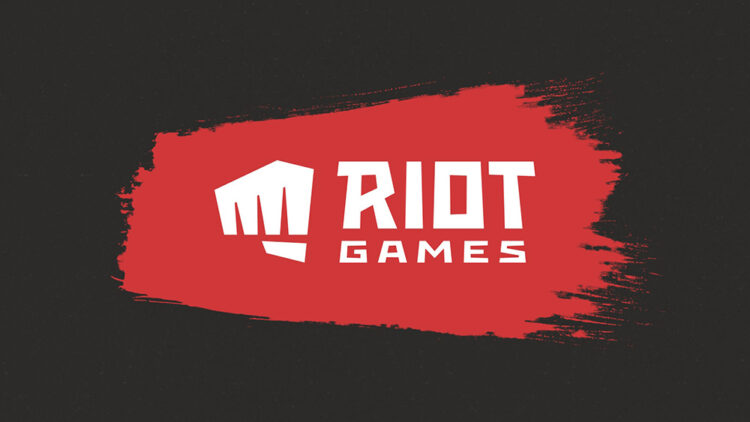The Esports Advocate has learned that earlier this year Riot Games put out a request for proposals (RFP) seeking bids from companies interested in handling collegiate and scholastic esports in North America for League of Legends and Valorant. Multiple sources familiar with the process claim that Ohio-based eFuse and Madrid-based GGTech submitted proposals, though one source tells TEA that eFuse withdrew its bid in May.
According to our sources, the contract would be for a three-year term and the winning bidder would secure the media, sponsorship, and partnership rights. The partnership and sponsorship rights would follow Riot’s guidelines for approved categories, meaning no gambling, adult entertainment, crypto, alcohol, or military-related deals.
TEA has also learned from sources that Riot would prefer that bidders show they that have at least $3M USD ($1M per year) in working capital on hand to administer a proper program; but another source claims that the $3M is a payment to be made to Riot over the three year period instead.
Multiple sources tell TEA that GGtech is the likely winner, as it already works with Riot in Europe for Amazon UNIVERSITY Esports, facilitating collegiate-level tournaments in Europe and the UK.
What is unclear is how licensing would work for schools that might want to operate their own programs outside of the licensor’s ecosystem–a situation that cropped up for PlayVS earlier this year when an entire state abandoned competitions around NBA 2K (which it licensed from 2K Games) rather than work with the company.
Riot Games and eFuse did not respond to our request for comments on this story. GGTech declined to comment, instead directing us to Riot Games.
We will have more on this story as it develops.
Editor’s note: We have clarified a point in our story about it being a requirement “that bidders would have to show they have at least $3M USD ($1M per year) in working capital on hand” – as indicated in a previous version of this story. We misunderstand that Riot wanted to see those condition being met (per our sources), but it was not a “requirement” of the RFP. We apologize for the mischaracterization on our part. We also added that the military is a forbidden category for sponsors and partners, which likely turned some companies that currently have military sponsors/partnerships.
